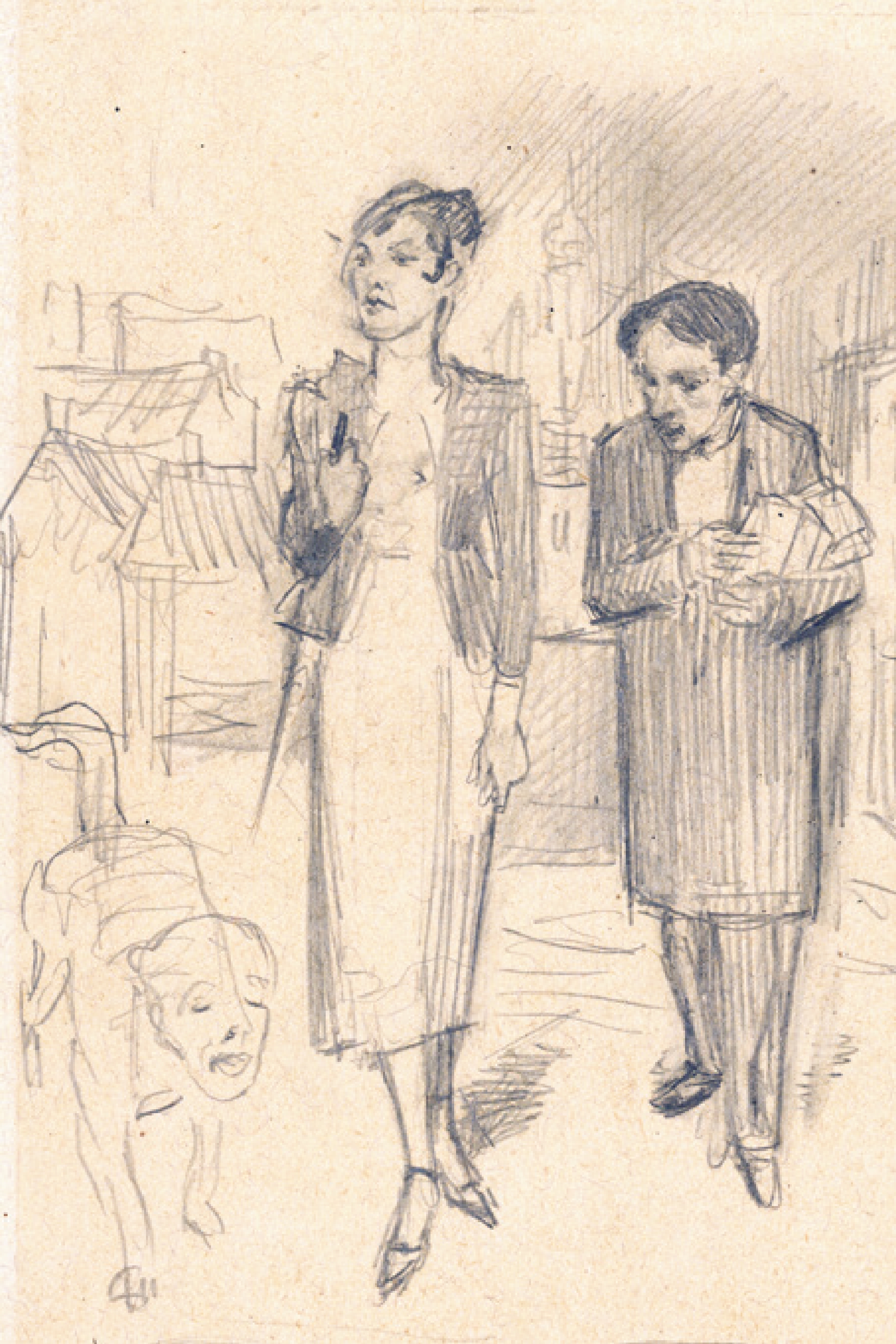Schulz the Universal
Abstrakt
The Universal Schulz is Schulz whose work makes the reader face many ambivalences both as regards personal and artistic choices made by the writer. The author identifies, puts in order, and places in a wide context those ambivalences which so far have proved most inspiring for interpreting Schulz’s stories, letters, and essays. At first the same ambivalences created problems encountered by the early critical reception of his works. The most difficult was not just his unique fiction, but also its idiom. In the 1930 and 1940s Schulz’s language could be read as aberration or anachronism, which meant that to attract more readers it had to come at least a little closer to standard Polish. Since, however, the stories could not change, what had to were the standards defining “acceptable” prose. The style of Polish prose gradually approached Schulz’s idiom by becoming more open to stylistic idiosyncrasy and experiment.

 Uniwersyteckie Czasopisma Naukowe
Uniwersyteckie Czasopisma Naukowe





